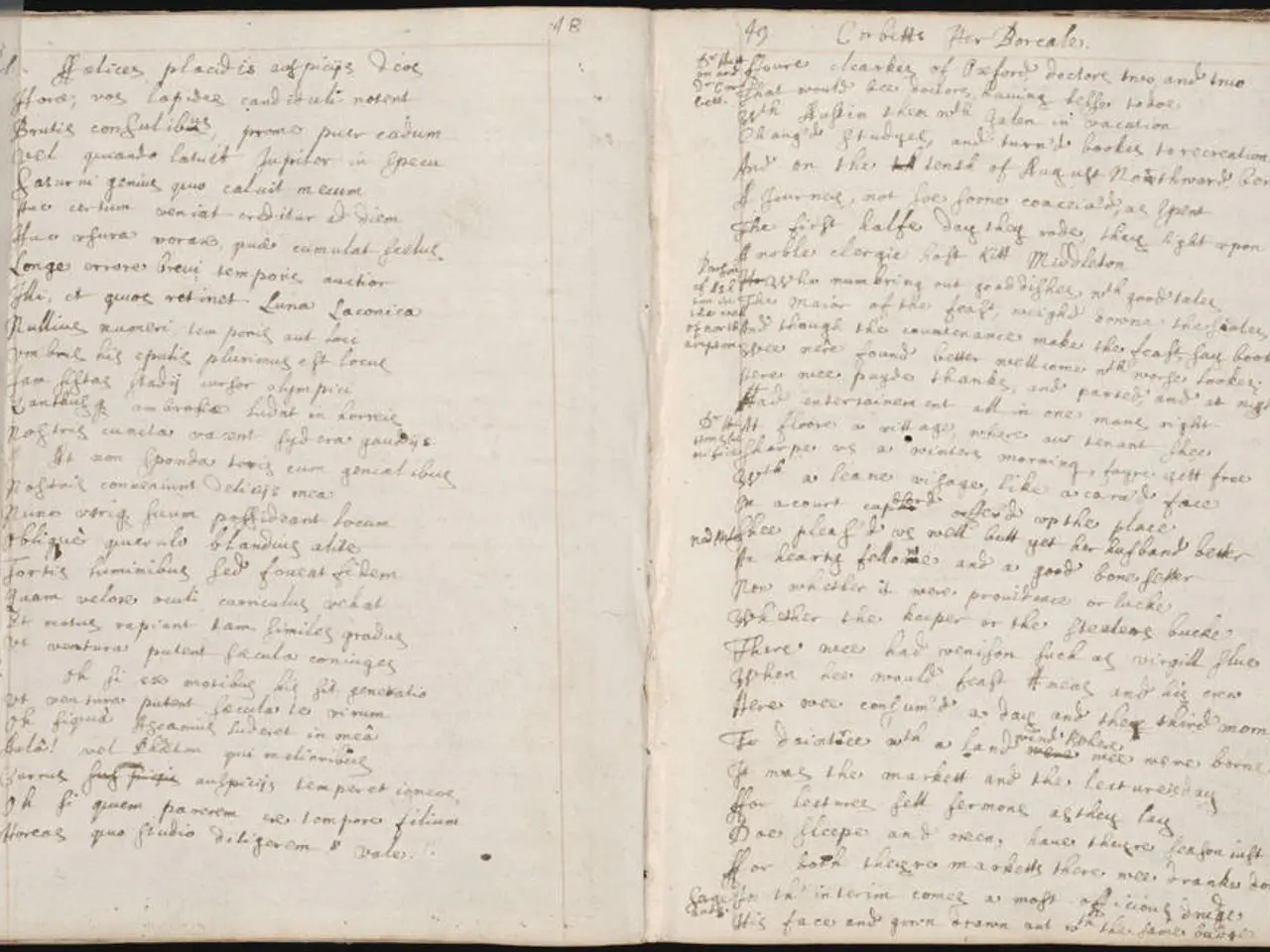Stanley Matthews, Anti-Slavery Champion and Supreme Court Justice, Dies at 64
Stanley Matthews, a prominent lawyer and Republican politico, passed away on March 22, 1889, in Washington, D.C. Born in Cincinnati, Ohio, on July 21, 1824, Matthews was known for his commitment to the rule of law and his anti-slavery principles.
Matthews' early years were spent in Lexington, Kentucky, where his father was a mathematics professor at Transylvania University. He later moved to Cincinnati and was admitted to Kenyon College in Ohio in 1840. At Kenyon, Matthews met future US President Rutherford B. Hayes.
After graduating, Matthews became editor of the abolitionist newspaper, the Cincinnati Herald, in 1843. His anti-slavery stance was a defining feature of his political career. During the Civil War, he volunteered for the Twenty-third Ohio Infantry and eventually became colonel of the Fifty-first Ohio Volunteers.
In 1856, Matthews began his political career as a senator in the Ohio General Assembly, serving until 1858. He later resigned as a Presbyterian elder in 1869 due to his representation of the Cincinnati Board of Education in an unpopular case.
President Hayes appointed Matthews to the Supreme Court of the United States in 1880. As a Justice, Matthews' greatest contribution was writing the opinion for Yick Wo v. Hopkins in 1886. This unanimous ruling favored Chinese launderers, setting a significant precedent in civil rights.
Stanley Matthews' legacy lies in his unwavering commitment to justice and the rule of law. His anti-slavery stance, military service, and political career reflect his dedication to public service. His time on the Supreme Court, particularly his opinion in Yick Wo v. Hopkins, continues to influence American jurisprudence.





